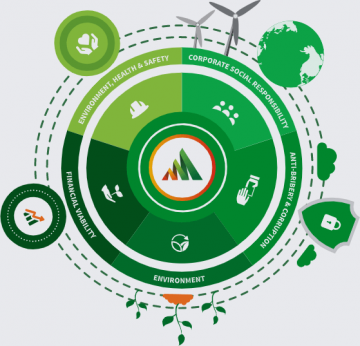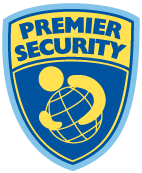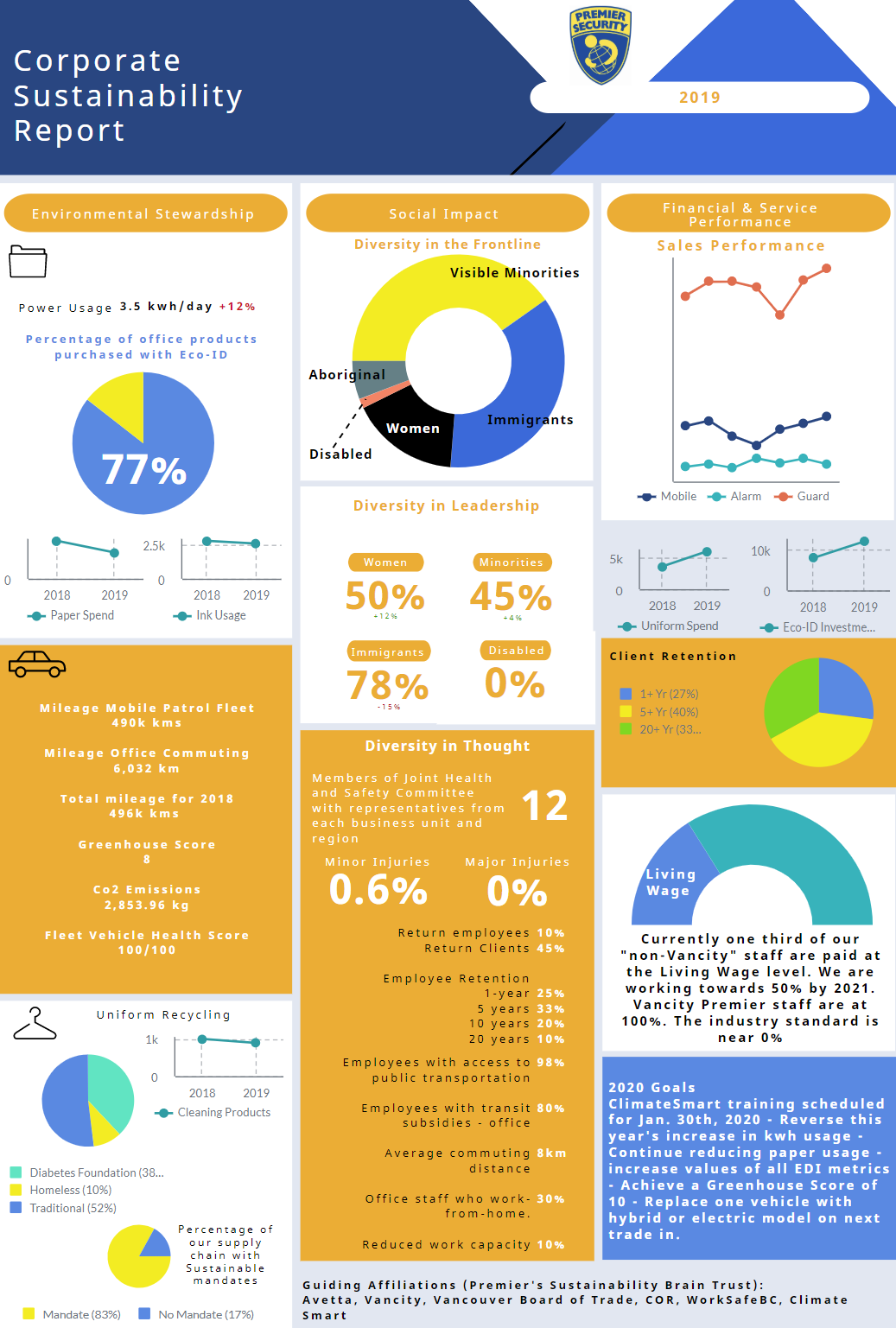At Premier we believe that accountable business leadership must create and promote initiatives we see as material to our financial and social stakeholders. To do this we measure that which is relevant to our employees, customers, suppliers, communities and environment.

Our Environment, Health & Safety Committee has met monthly for many years and works with unit leaders to achieve our EHS sustainability goals. If established goals are not met, unit leaders engage with their teams to conduct a root-cause analysis, develop solutions and provide recommendations. Ultimately, the President will ensure that such recommendations are implemented.
Cooperative principles best guide this process. Typically, voluntary and autonomous groups focus on areas they find important and develop policies and training programs for staff. We have invested considerable effort into how the EHS Committee operates so that initiatives and policies reinforce Premier’s business leadership accountability efforts and are authentic to our organization. These are:
- Ethical Code of Conduct
- BCCSA certification compliant (health, safety and injury management systems)
- Anti-Bribery and Anti-Corruption Training Hotline
- ServoSafe call-in system
- Sourcing uniforms from fair trade suppliers
- Charitable giving to local crime prevention, poverty & substance abuse reduction
- Volunteering – Arts Umbrella and Luma Native Housing
- Socially and ethically conscious investments – ESG (Environment, Social and Governance funds
- Arts and Culture – Vancouver Art Gallery corporate donor, Arts Umbrella, and artist sponsorships
- Settlement and integration services through in-house training and guidance from S.U.C.C.E.S.S.
- Living Wage Employer for Vancity (and promoter for all clients and proposals)
- Avetta Compliant
We believe that quotas do not automate inclusion, culture does. A true equity, diversity and Inclusivity (EDI) culture takes time and is non-linear. For more than three decades Premier has hired and promoted people from a vast range of places, cultures and abilities. We are currently represented by staff from all continents and time-zones through fostering a sense of belonging. In fact, we have operated as an EDI firm before the term existed. How have we done this? Through honouring each employee’s heritage or group, while simultaneously respecting them as an individual. For almost 10 years now we have been formalizing this approach. More recently our EDI policies have been articulated as such:
Premier’s EDI Policies
- Increase support for persons with employment or promotion barriers.
- Support awareness and acceptance of groups or individuals subjected to these barriers.
- Foster HR practices including recruitment, onboarding and training through the Equity, Diversity, and Inclusion lens.
Our EDI Programs include:
- Community-based recruiting by municipality and by neighbourhood.
- Our Empathetic Leadership Program reminds managers that we all have a story and have, to some degree or another, been excluded or shamed. We believe that building this model encourages interest, curiosity and openness.
- Premier’s Referral Program naturally increases the diversity of our company. Typically, individuals will refer those from their community. As over half of our leaders are women and visible minorities, and over 75% are immigrants, diversity is natural and ensured.
- Competitive Wages serve economic inclusivity too. If staff can afford to live close to work, then a stronger community can grow. We work to always stay ahead of inflation and strive to promote and pay the Living Wage wherever possible. In fact, we pay the Living Wage for clients other than Vancity.
- Economic assistance is also provided in terms of commuting assistance, RRSP contributions, extended health benefits and incentive programs.
- Second Chance Program – Premier’s commitment to second chances – employing the so-called “unemployable” is one way we try to break the cycle of poverty in our communities. Although we hold short of an “open hiring policy” due to the nature of our industry, we focus applicants on what they want for the future, and less on their past. At interviews we discuss why they may be chronically unemployed such as inhibitors like language or anxiety, and provide advice, guidance and direct them to formal help if desired. We have various categories of sites to which we can often match to the applicant’s personality, strengths and weaknesses.

